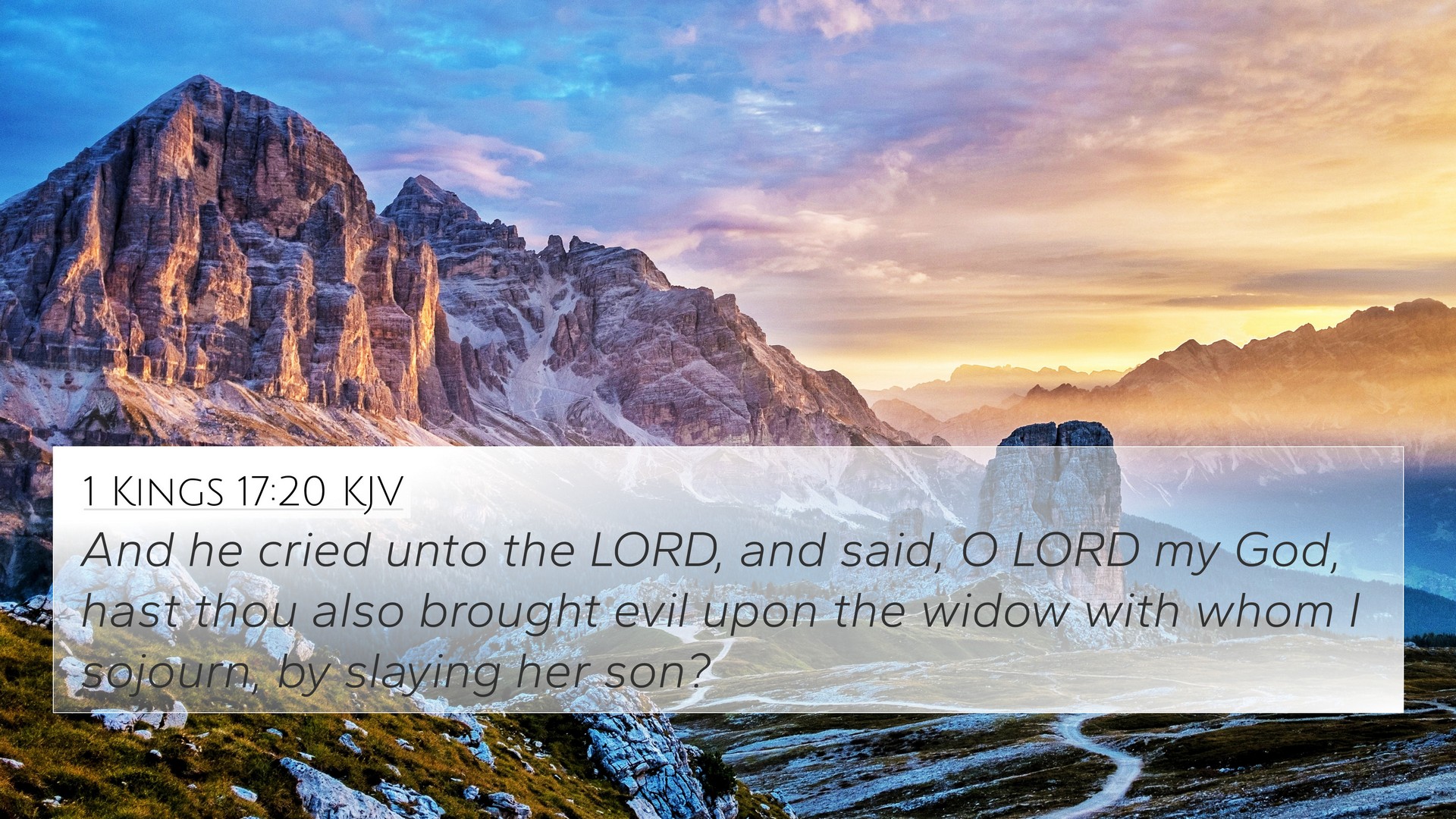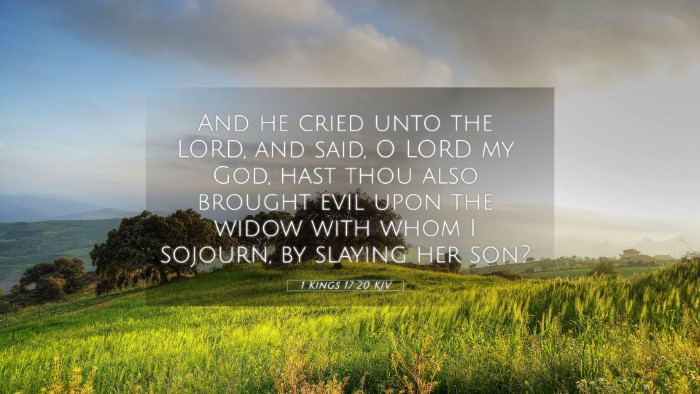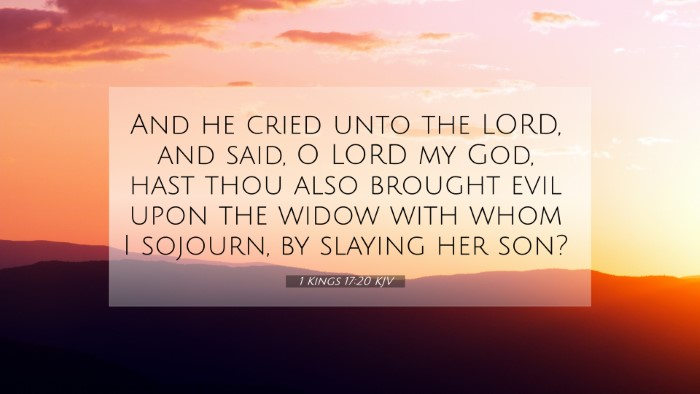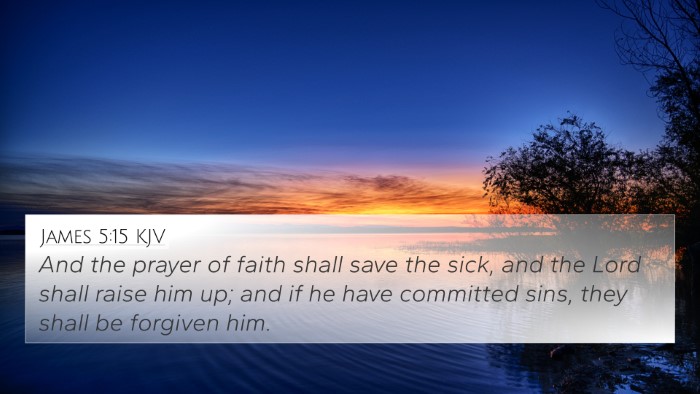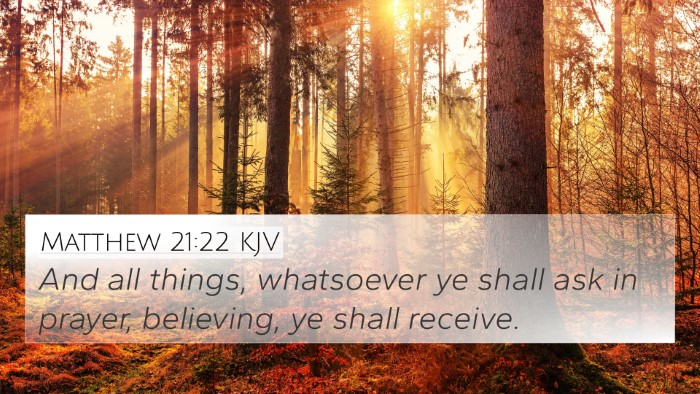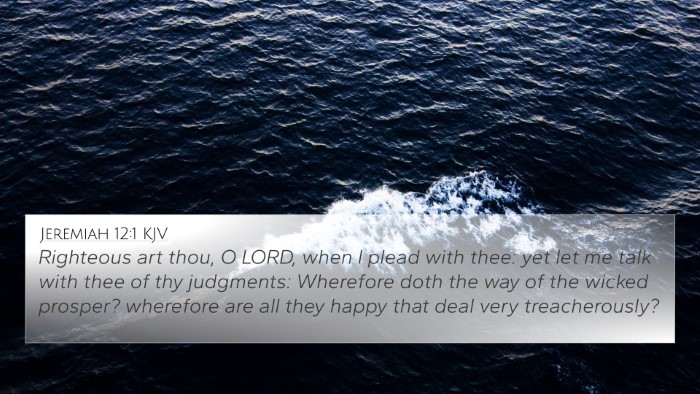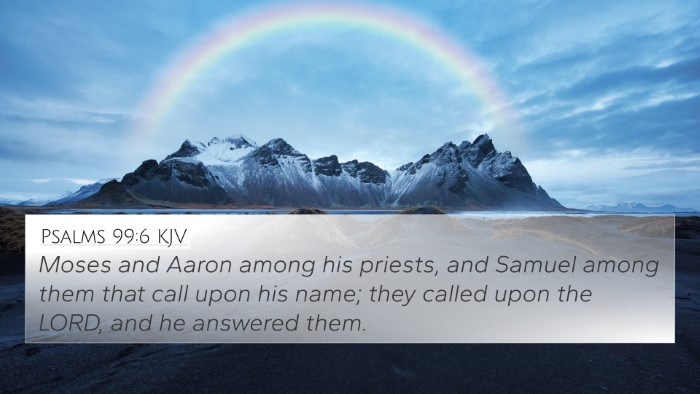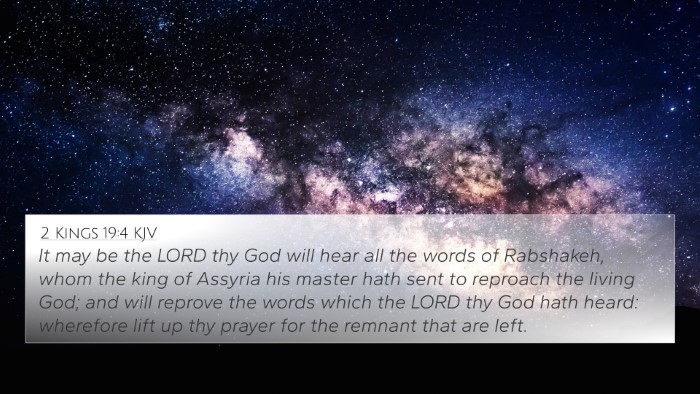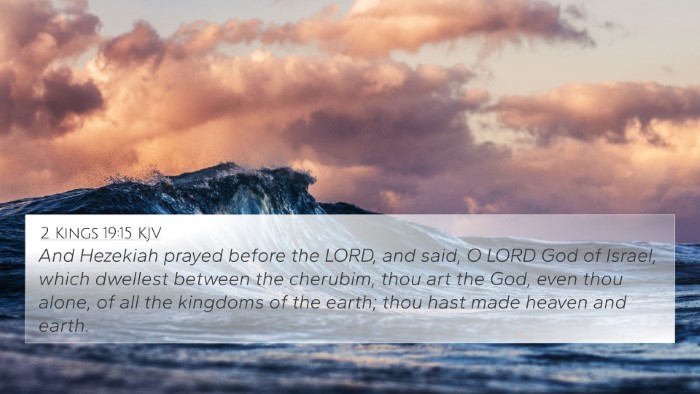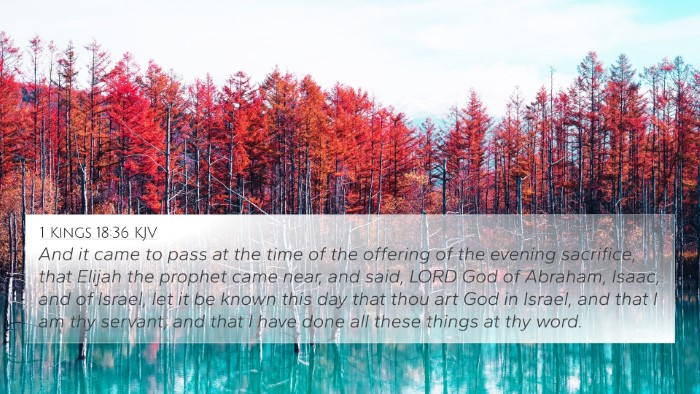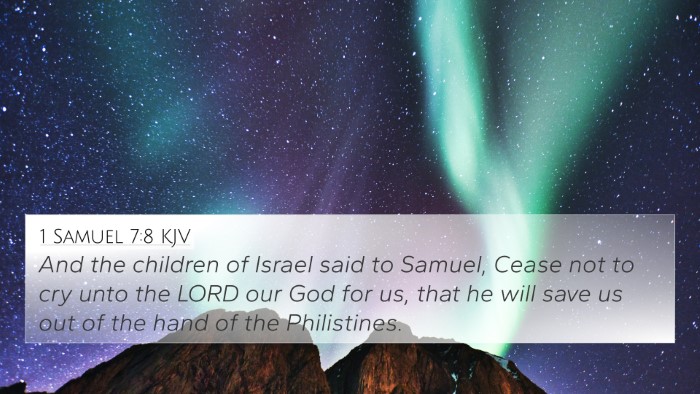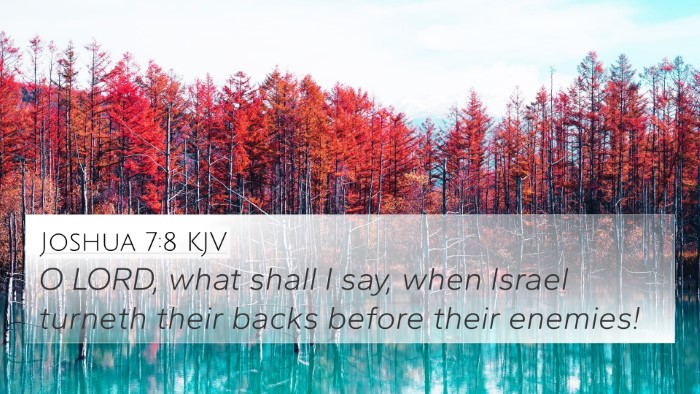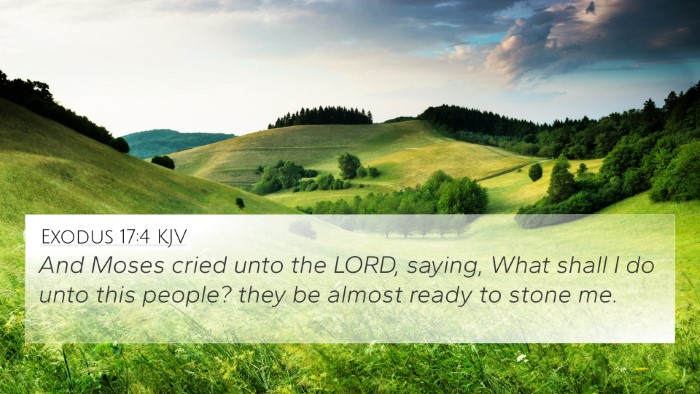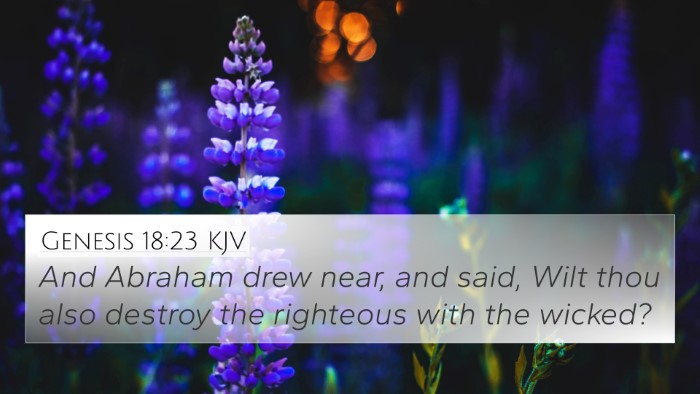Understanding 1 Kings 17:20
Verse Text: 1 Kings 17:20 - "And he cried out to the Lord and said, 'O Lord my God, have You brought tragedy on the widow with whom I lodge, by killing her son?'"
Summary of Meaning
This verse is located within the account of the prophet Elijah during a time of drought and famine. In this moment, Elijah faces a devastating situation as he witnesses the death of the widow's son, who has been under his care. His plea to God reflects both his anguish and a deep concern for the widow's suffering.
Commentary Insights
-
Matthew Henry's Commentary:
Henry emphasizes the emotional turmoil that Elijah experiences. He highlights how Elijah's prayer is grounded in his compassion for the widow, recognizing that her loss brings further tragedy, and questions God’s role in this suffering
.
-
Albert Barnes' Notes:
Barnes notes that Elijah's language is one of questioning God’s intentions. He remarks on the depth of despair felt not only by the widow but also by Elijah, revealing the human element of the prophet's ministry in addressing suffering
.
-
Adam Clarke's Commentary:
Clarke provides additional insight on the theological implications of such a request. He draws attention to the fact that Elijah asserts God’s sovereignty over life and death, suggesting that Elijah believes God has the power to restore the child, thus aiding a theological understanding of divine intervention
.
Thematic Connections and Cross-References
This verse can be connected thematically to several others in scripture, illustrating the broader narrative of God’s relationship with humanity, prayer in distress, and the miraculous. Here are some important cross-references:
- 2 Kings 4:32-37 - Elisha raises the Shunammite's son.
- Matthew 9:18-25 - Jesus raises Jairus' daughter.
- Luke 7:11-15 - Jesus raises the widow's son at Nain.
- John 11:38-44 - The resurrection of Lazarus.
- James 5:17-18 - The prayer of a righteous person is powerful.
- 1 Samuel 1:10-14 - Hannah’s fervent prayer for a child.
- Psalm 30:2 - "O Lord my God, I cried to You for help, and You healed me."
Insights on Inter-Biblical Dialogue
The cross-references present an inter-Biblical dialogue that underlines significant moments of divine intervention in human affairs, especially concerning life and death themes. These connections reinforce the idea that God is compassionate and willing to respond to heartfelt pleas.
Application for Bible Study
Using cross-references like those listed above can provide a framework for understanding connections between Bible verses. Here are tools and methodologies for effective cross-referencing:
- Bible Concordance: Utilize a concordance to find related verses by keywords.
- Bible Cross-Reference Guide: Consult guides that outline thematic connections.
- Comprehensive Bible Cross-Reference Materials: Make use of study Bibles with built-in cross-references.
- Cross-Referencing Bible Study Methods: Engage in thematic studies that explore interconnected verses.
Conclusion
Elijah's plea in 1 Kings 17:20 serves not only as a moment of personal distress but also mirrors the struggles found throughout scripture, where prayer and divine response intersect. By exploring the connections between verses and employing cross-referencing tools, one can gain richer insights into the holistic narrative of the Bible.
